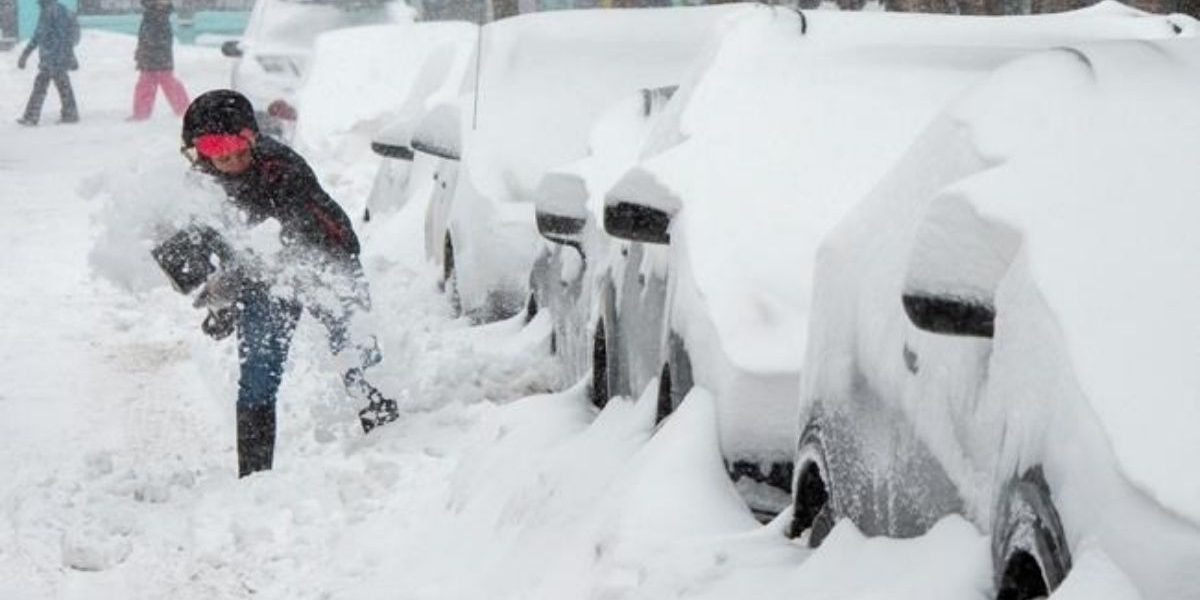U.S. Retail sales slide in February with falling temperature

As unseasonably cold weather gripped the country in February, U.S. retail sales fell more than expected. But, as the government expended another round of pandemic relief money to lower and middle-income families, a rebound is seen as likely.
On Tuesday, driven by rising commodity prices, data showed import prices increasing strongly, boosting expectations of higher inflation this year.
“With healthier and warmer days nearing, and generous stimulus checks on their way, consumers are poised to shake off the winter chills,” said Lydia Boussour, lead U.S. economist at Oxford Economics in New York. “This year, we expect the combination of an improved health situation and generous fiscal stimulus to fuel a consumer boom for the history books.”
In February, amid bitterly cold weather across the country, the decline in retail sales reached 3.0%, seasonally adjusted. The data were taken by the Commerce Department also shows the sales for January rebounding 7.6% instead of 5.3% as previously reported.
The decrease was led by motor vehicles, with sales at auto dealerships dropping 4.2% after accelerating 5.0% in January followed by sales at clothing stores falling by 2.8%.
With deadly snowstorms lashing Texas and other parts of the South region, the decline in sales last month also reflected the fading boost from one-time $600 checks to households, which were part of nearly $900 billion in additional fiscal stimulus approved in late December, as well as delayed tax refunds.
Sales at restaurants and bars decreased 17% compared to February 2020. Receipts at electronics and appliance stores dropped 1.9% while sales at furniture stores tumbled 3.8%.
There were also big declines in sales at sporting goods, hobby, musical instrument, and book stores.
Receipts at food and beverage stores were unchanged. Sales at building material stores decreased 3.0%. Online retail sales plunged 5.4% after advancing 16.8% in January.
U.S. stocks also opened lower. The dollar was steady against a basket of currencies. U.S. Treasury prices were higher.
As President Joe Biden signed his $1.9 trillion rescue package into law last week, the drop in core retail sales is seen as temporary with the bulk of January’s gain intact.
With the rescue package that will send additional $1,400 checks to households as well as extend a government-funded $300 weekly unemployment supplement through Sept. 6, the anticipated rebound in retail sales driven by the accelerated pace of vaccinations should allow for a broader economic re-engagement.
Inflation is expected to gain steam this year, driven by the massive fiscal stimulus but excess capacity in the labor market will probably stop price pressures from spiraling out of control.



